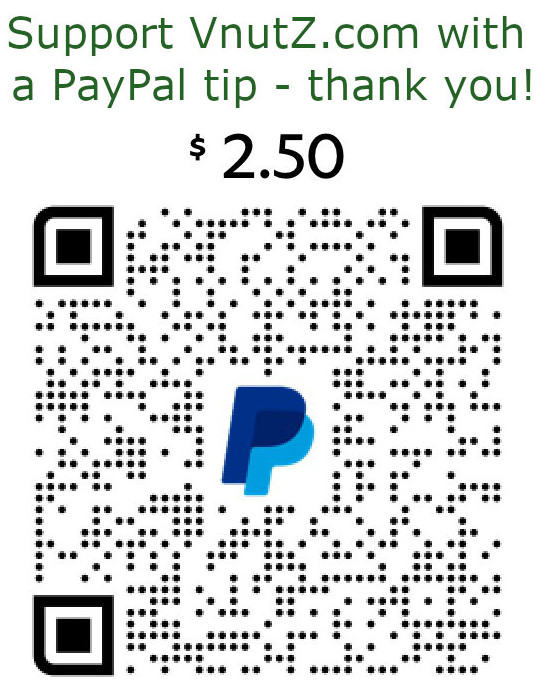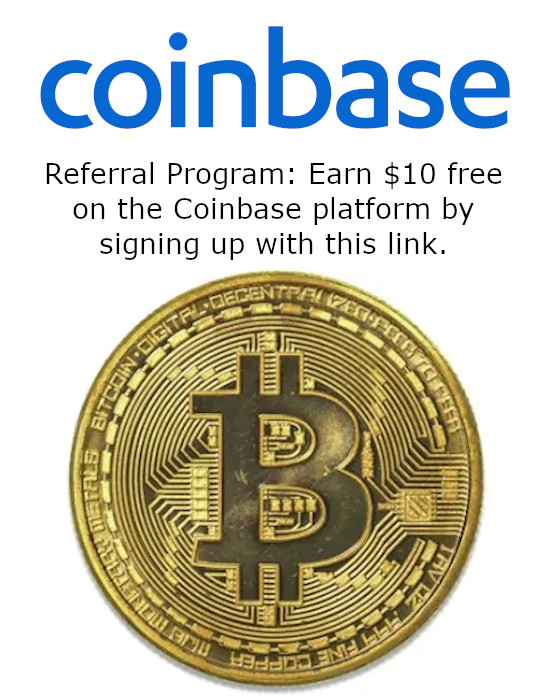Alternative Medicine Facts
Why?
I probably cannot put it any better than the National Institute of Health (NIH). In order to address the growing interest in America regarding alternative medicine, the NIH established an offshoot called the National Center for Complementary and Integrative Health (NCCIH). This portion of the NIH is meant to ensure accurate, scientific information is available for folks to counter the mass amounts of poorly researched or just patently false information that circulates on social media. So, to get started, we'll quote directly from the NCCIH website.
Where does the obsession with natural remedies stem from?
A person’s preference for natural things involves a range of ideas, including the belief that nature is pure and inherently superior to humans. Researchers have also found that these beliefs, or biases, affect the decisions people make about their health.
Nature is better, right?
Nature has been good to us. Nature gave us aspirin and morphine, and other medicines derived from plants.
Nature doesn't hurt us, right?
But not all products from nature have been shown to be effective .... “natural” medicines, contrary to what many may think, are not without side effects. Some can even have serious safety concerns.
But ... I follow people on FaceBook and Twitter and Pinterest that say pharmaceuticals will kill us?
For many, the word “chemical” has come to mean toxic or synthetic, something to be avoided. But everything is made of chemicals—the apple on your kitchen countertop, the ceramic mug in your cupboard, and even the air that you breathe. In fact, you are made up of chemicals, too.
NOTE: A very strange side-effect to not believing in scientifically derived medicine is actually the nocebo effect. This is actually the exact opposite of placebo.
In 2012, researchers from the Technical University of Munich in Germany published an in-depth review on the nocebo effect. They looked at 31 empirical studies and found that not only does the nocebo effect exist, it’s surprisingly common. It’s also causing an ethical dilemma for doctors and nurses: If they inform patients as to the potential risks and negative side effects of a given treatment (radiation, chemotherapy, surgery, medication), the patients may believe they'll experience those harmful results
The NCCIH offers a series of interactive lessons and videos aimed at teaching the fundamentals with science in order to help the public see through the crap. Know Your Science!
Certifications in Alternative Medicine
Ignoring for a moment whether things like naturopathy or herbology are valid forms of medicine, how does one even tell if the doctor they're seeing is legitimate? Obviously when it comes to traditional medicine, a doctor is required to be licensed, typically after getting a medical degree, gaining experience under the observation of a doctor, and finally testing from a medical board. The important take away is simply reading books does not make a person a doctor and licensing comes from the government.
So what about Herbologists? I will borrow from the Chestnut School of Herbal Medicine which offers a very honest answer to the question of Herbology certifications and licensing.
The truth is, there is currently no certifying agency or licensing board for herbalists in the United States—and therefore no such thing as an herbal certification or professional title (such as Master Herbalist or Certified Herbalist). Most herbal programs award a certificate of completion upon graduation, but this is not the same as obtaining certification from an official board.
You can study herbs. You can make herbs. You can sell herbs. But you can't declare yourself a licensed Herbologist in the United States because to put it simply, there is no such thing and anyone that claims to be one is either lying or was probably duped by a certification farm. At least the Herbal Academy also emphasizes there is no such thing as an accredited or certifying organization while stressing that at best, one can obtain a certificate of completion for completing a course that isn't recognized by anyone.
This point is further emphasized by the American Herbalist Guild, albeit, somewhat sideways when they take a lack of licensing as not being restrictive. See the second quote to really see how they stretch this.
Is there any licensing for herbalists in the United States? The licensing of medical and many health practices (e.g. massage therapists) occurs on a state level. There is currently no licensing or certification for herbalists in any state that precludes the rights of anyone to use, dispense, or recommend herbs.
What laws protect my rights as an herbalist? In the absence of licensing, the First Amendment of the Constitution protects our freedom of speech to provide information to clients related to their health. However, this is restricted by the necessity to avoid practicing medicine without a license.
The licensing and certification process for Naturopaths at least seems to be more defined. According to the American Association of Naturopathic Physicians, "accredited Naturopathic Medical Schools are four-year, in-residence, hands-on medical programs consisting of a minimum of 4,100 hours of class and clinical training. During naturopathic medical school, students are educated in the biomedical sciences as well as the latest advances in science in combination with natural approaches to therapy." It's certainly a better minimum requirement than what's been seen in the Herbalist community. However, the organization does admit there is an abundance of completely bogus paths to naming oneself a Naturopath:
In some states with laws regulating naturopathic doctors, the use of the term “naturopath” or “naturopathic physician” by anyone other than a licensed naturopathic doctor is prohibited. However, not all states regulate naturopathic doctors and not all states that do protect the term “naturopath.” Unlicensed naturopaths can have varied levels of education and experience, often from a purely online or correspondence format. Such education is not accredited by an agency recognized by the U.S. Secretary of Education and does not qualify students to take the NPLEX examination or apply for licensure in any regulated jurisdiction in North America.
The bottom line is basically that if an individual has not become at least a real traditional doctor and then taken the plunge towards alternative medicine, they are basically fraudsters. Look no further than the NCCIH's webpage on the credentialing of these practices to see the lack of standards and consider what that really means.
Is it Bogus or Not?
Considering the grounds upon which the practices are built in order convince people they are legitimate is extremely shaky, its certainly unlikely the conduct of business is any better. After all, if they have to resort to their First Amendment protections to spew misinformation to stay in business, that should be all the evidence required to walk away.
Perhaps one of the most damning exposés of the industry came from an insider. Britt Hermes was a licensed Naturopathic doctor but left the practices after witnessing a number of unethical and illegal activities that were all targeting human susceptibility. Her story outlines the wildly differing levels of licensing across the United States to include how the industry essentially self-accredits. According to Britt, "NDs argue they are the solution to the great primary care shortage. This real health care problem cannot be fixed with blatant quackery, such as homeopathy, anti-vaccine propaganda, and paltry clinical training based on pseudoscience. Naturopaths seem so embroiled in alternative and old-timey practices that they tragically disregard standards and patient safety. Given their poor medical education and commitment to fanciful principles, NDs are bound to do more harm than good."
Maybe consider how the products themselves are delivered or made. Herbalists, for instance, will often make their products in their own homes. While food and drugs are heavily regulated by the FDA, complementary and alternative products fall under a different kind of ruleset. Looking back at the Chestnut School example, their website alludes to the FDA rules but really breaks down to recognizing that as long as the products are dietary supplements or cosmetics, it's easy to be in compliance by following some paperwork rules. Of course, that should make it obvious the products are NOT medicine.
Ultimately, it can be difficult to shut down Naturopathy because the components of it that work, have already been drawn into traditional medicine and therein get referenced as "proof" of its legitimacy. On the other hand, the ineffective components of such alternative practices (like Reiki or essential oils) are harder to disprove because they often don't warrant the research time to prove wrong versus the research time to produce something useful. And whenever the placebo effect gets involved and patients feel better, the incorrect application of causation versus correlation occurs.
And Yet It Exists
The aforementioned Britt Hermes postulates the surge in interest for alternative medicine practices stems from a failure of traditional medicine to provide a decent bedside manner. In many cases, the alternative practitioners pitch a line of whole-of-body attention and one-on-one attention that appeal to those who feel traditional medicine treats them as a cold calculation, a pharmaceutical sale, or just a line item treatment. "Medicine does a really shitty job of taking care of women. I think it’s really common for women to feel like they’re not heard, to feel like they are belittled, to feel like they are making their symptoms up." Naturally, a practice that offers an alternative would be very appealing, and if one does not have the appropriate scientific or medical background to see through it, that alternative becomes just what they're looking for.
When it comes down to it, at the very least, see nobody that was not at least trained as a traditional doctor. While there are certainly dud doctors in the world (reference Andrew Wakefield and his completely falsified autism and vaccine study for example), at least one may assume better odds towards a scientifically based curriculum and properly observed residency period. A real doctor that has adopted scientifically tested, proven alternative practices has more credibility than one certified on their First Amendment right to declare themselves certified.


